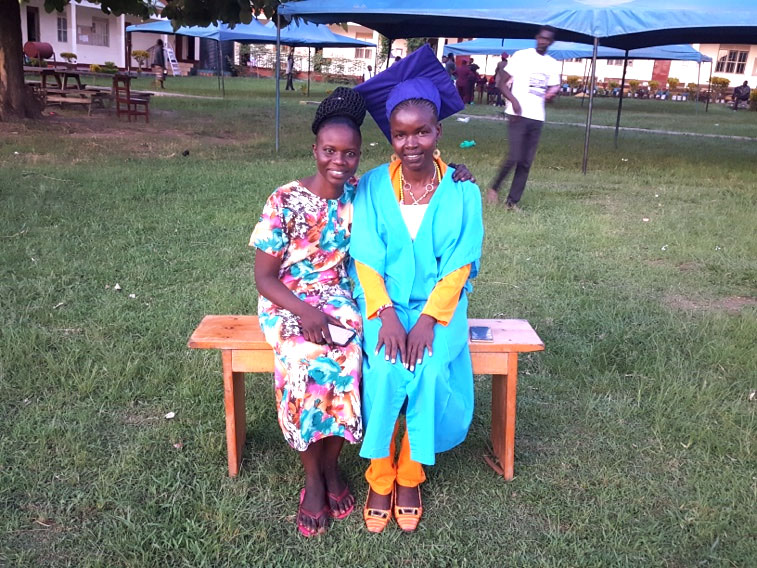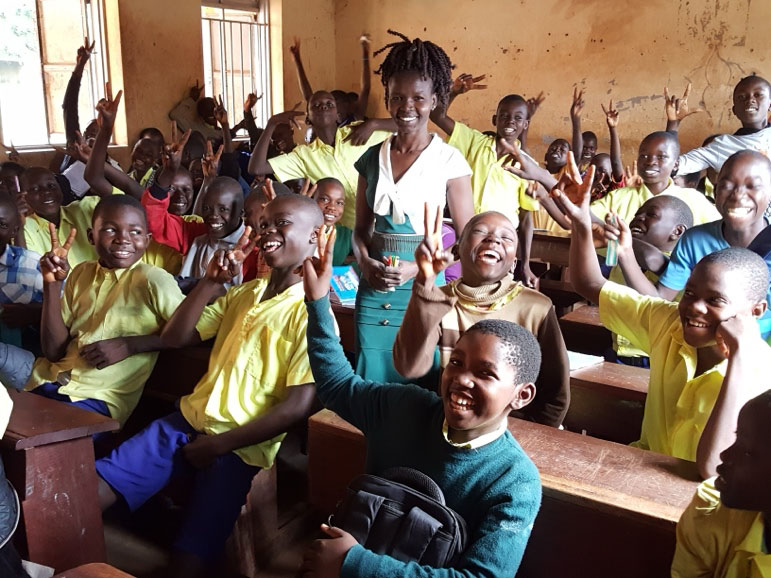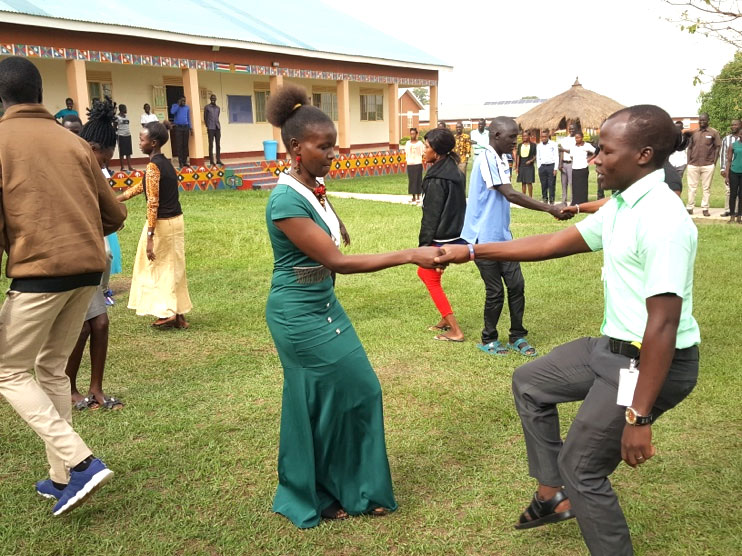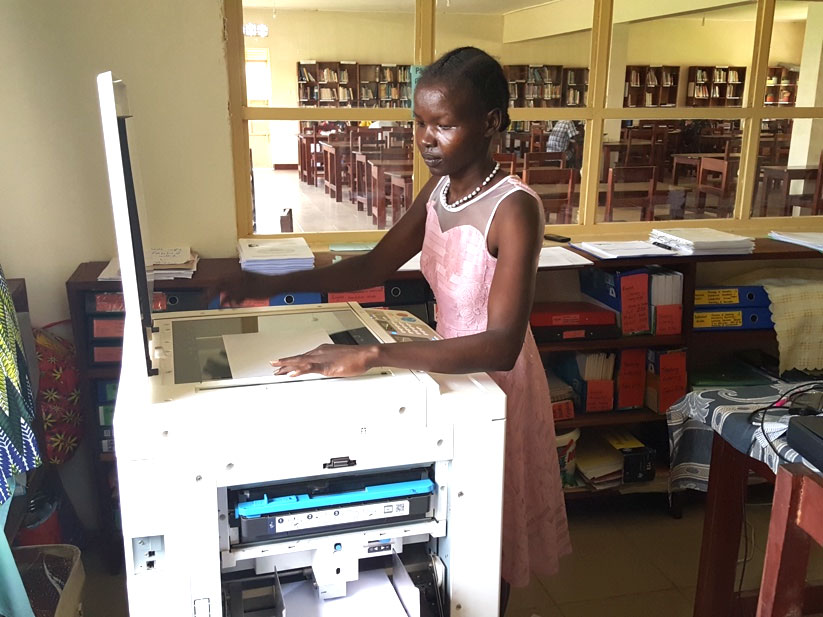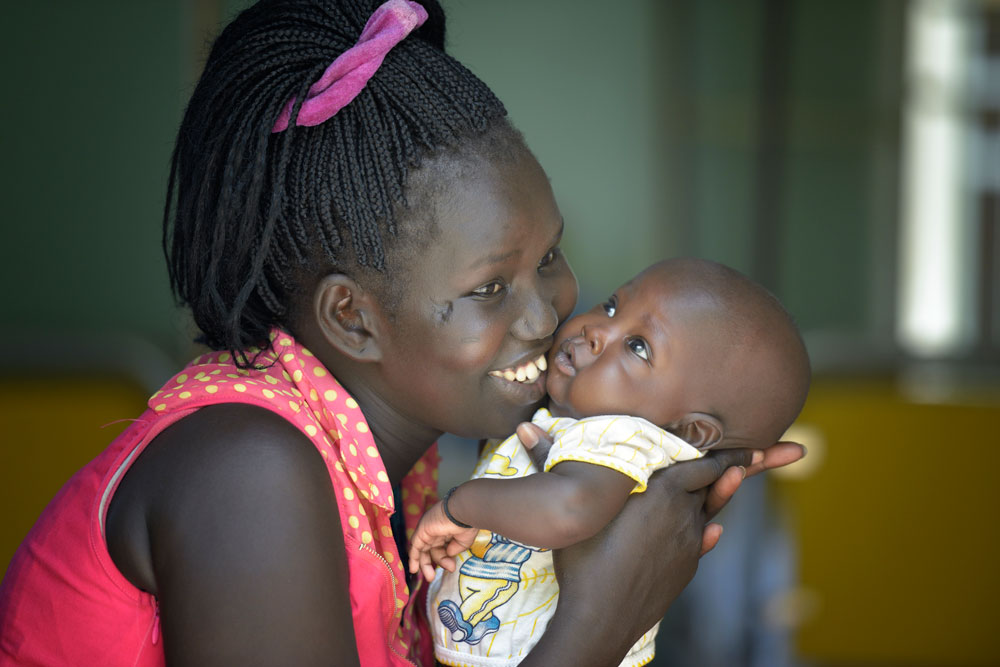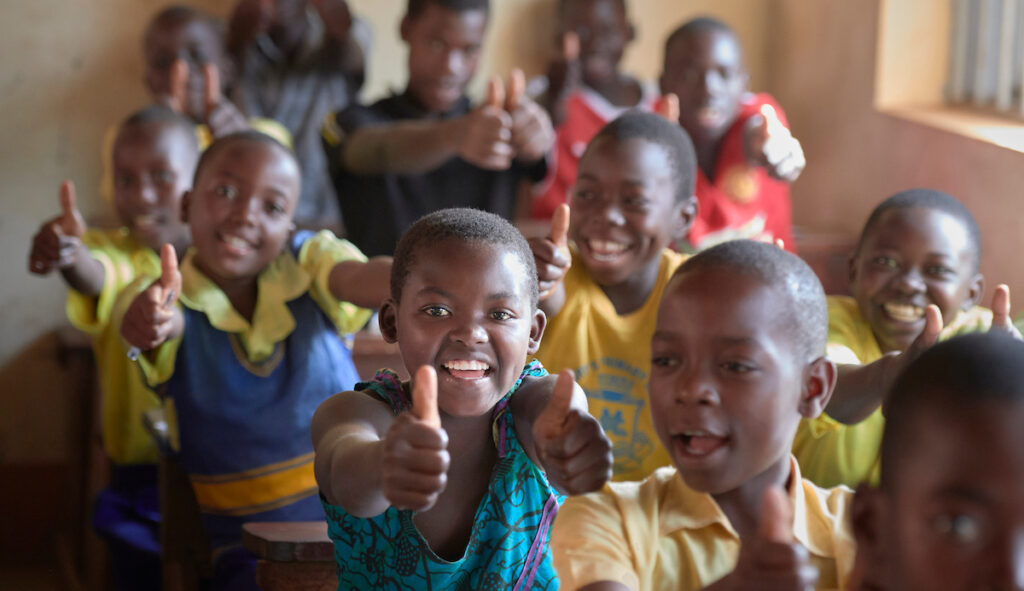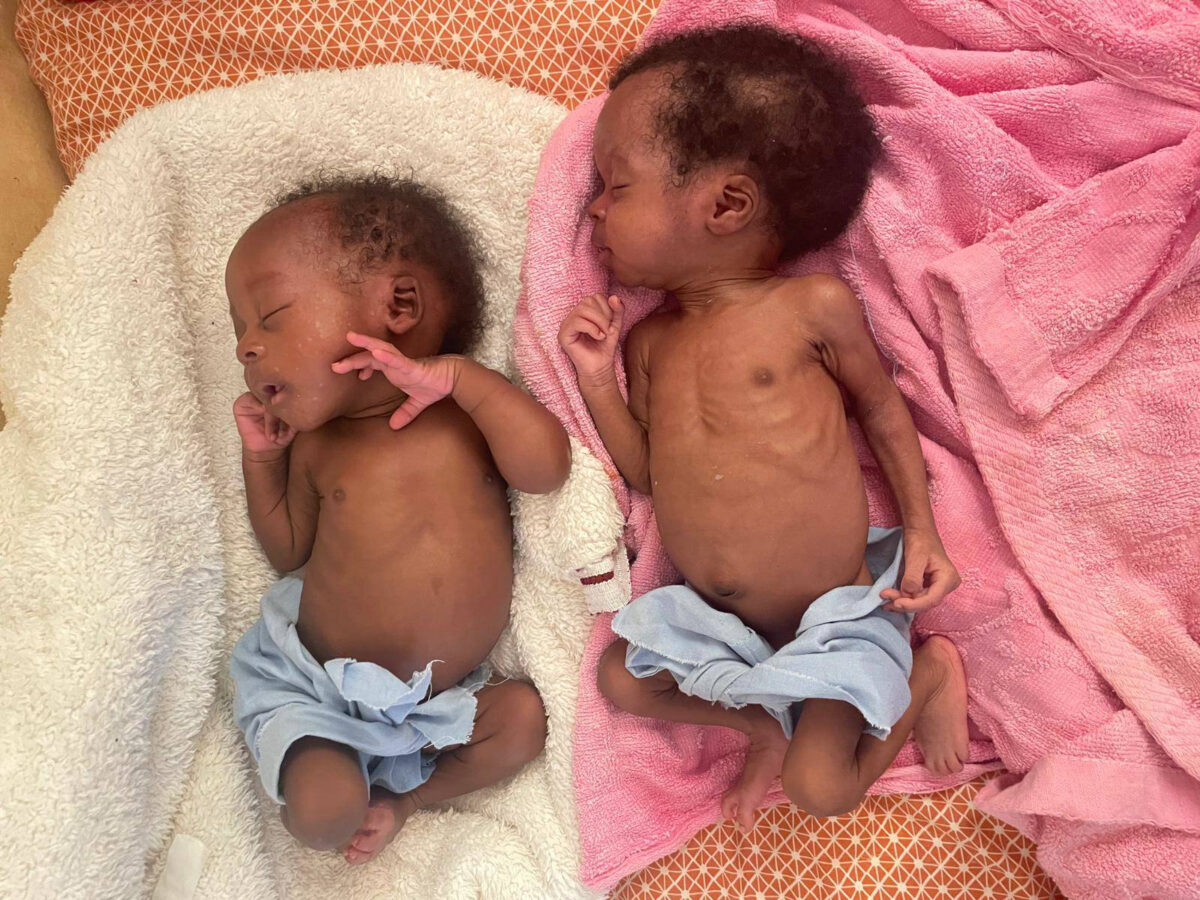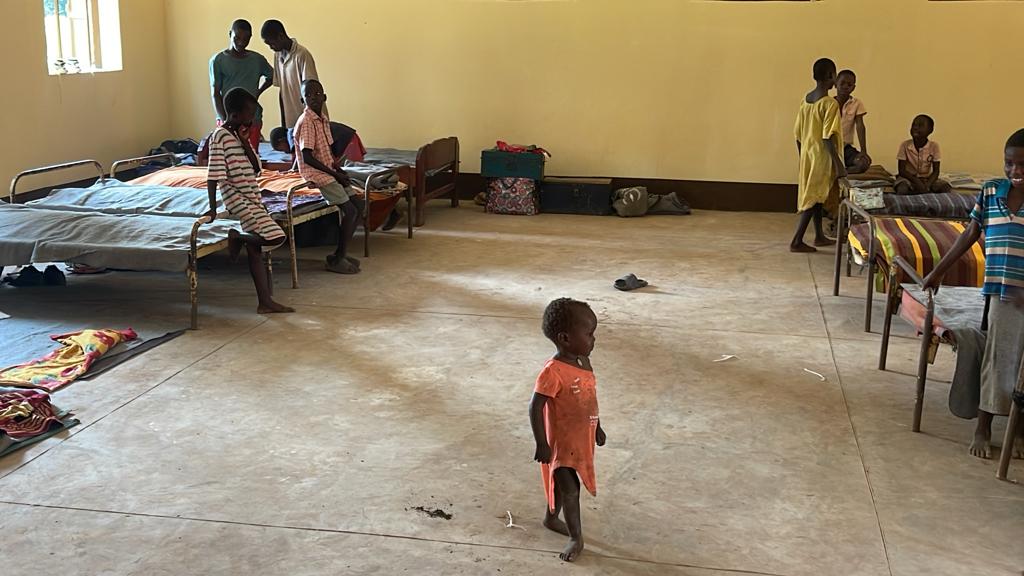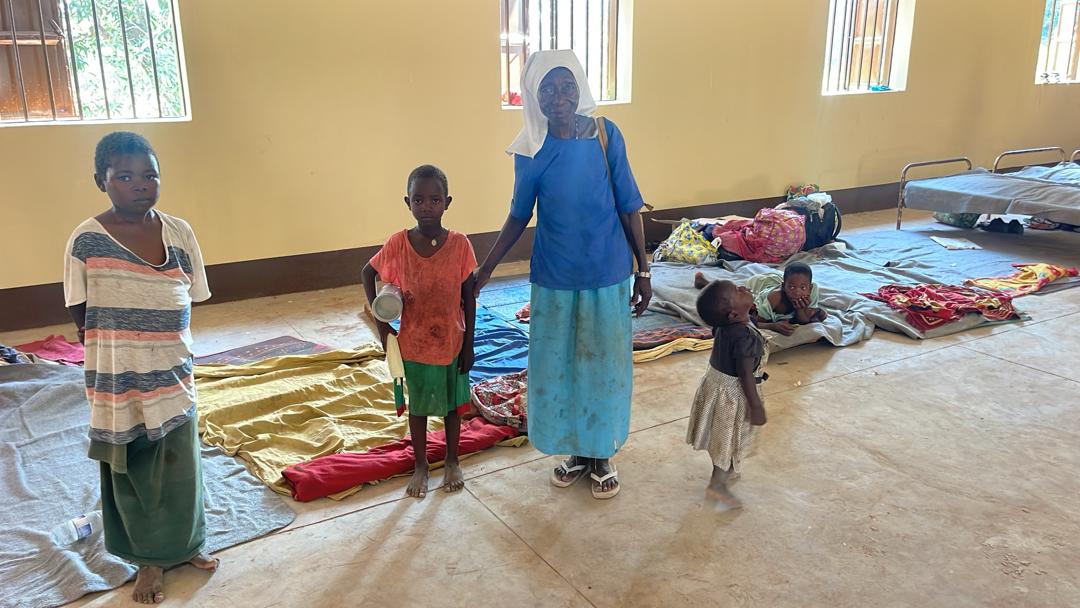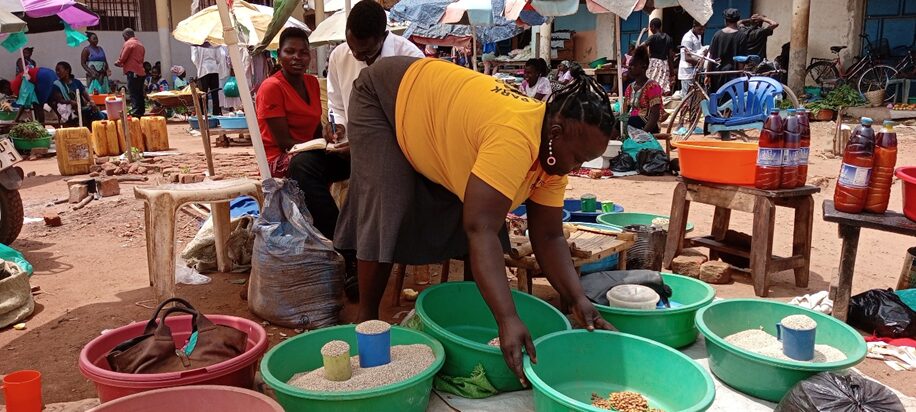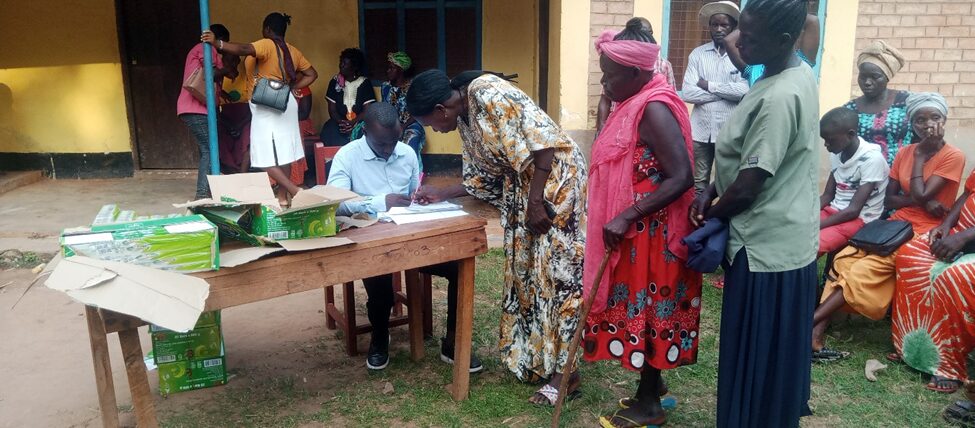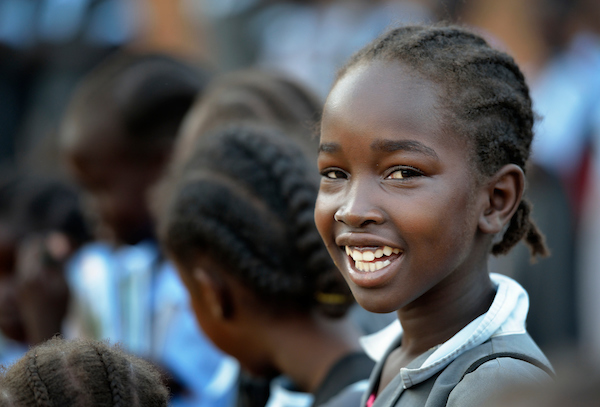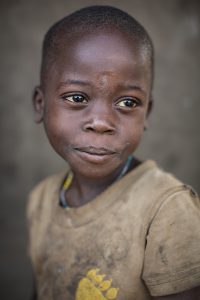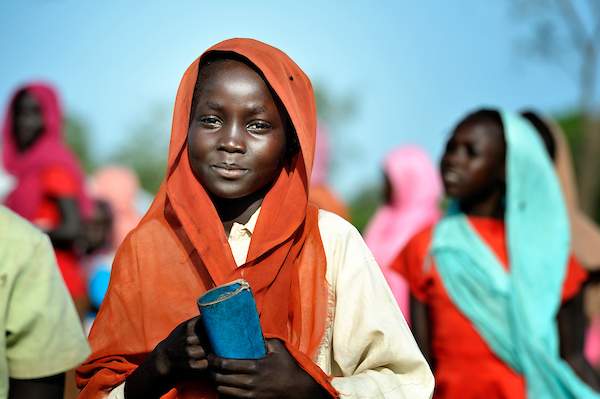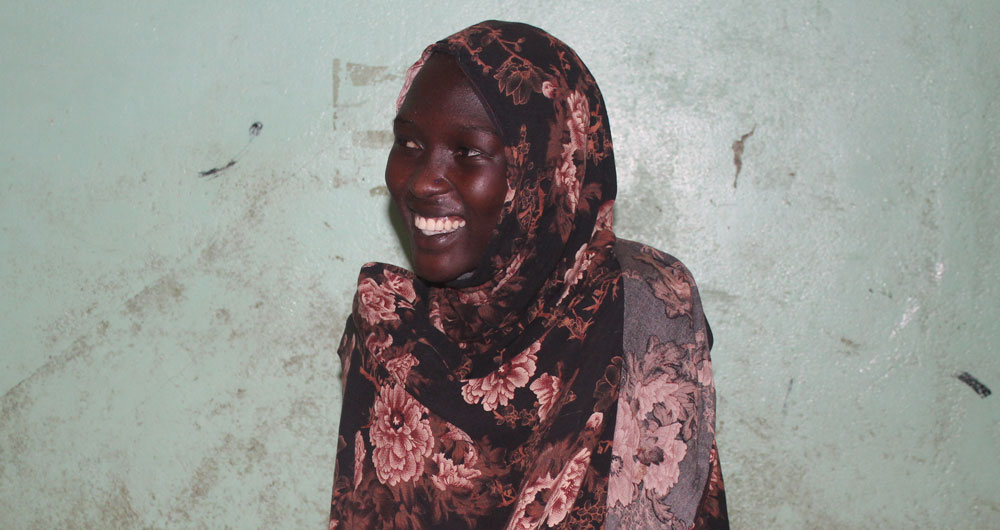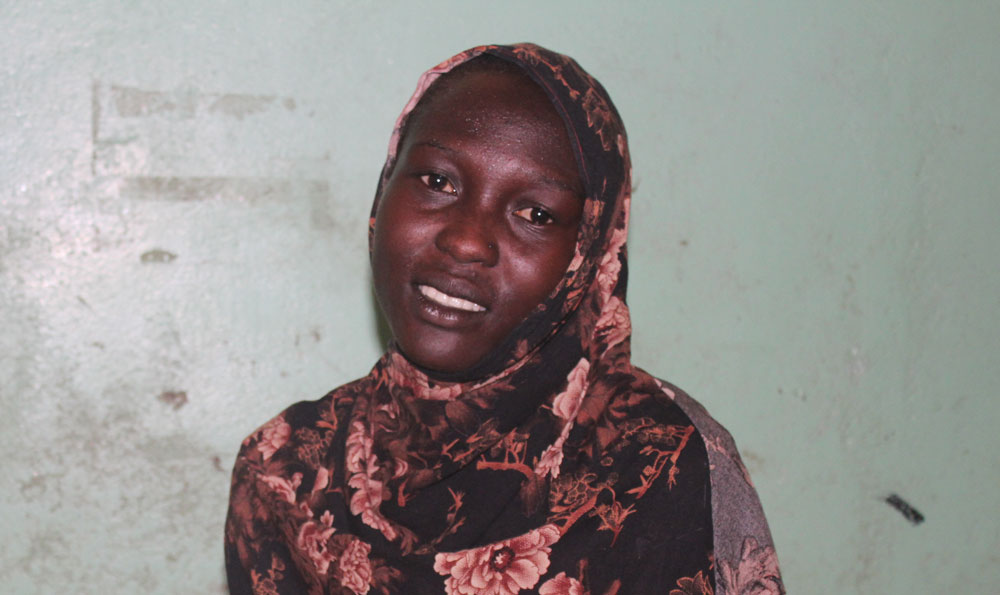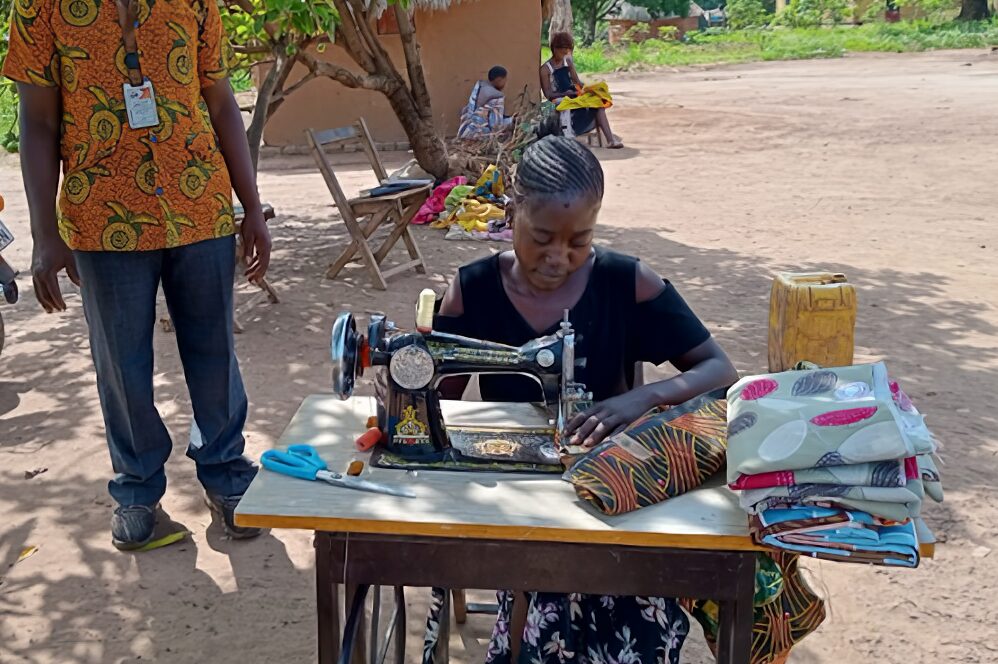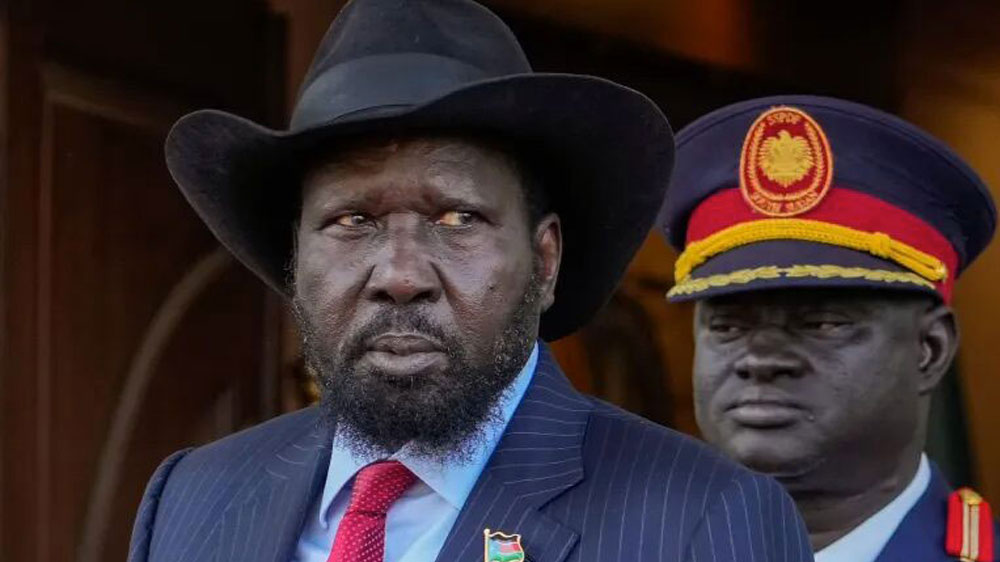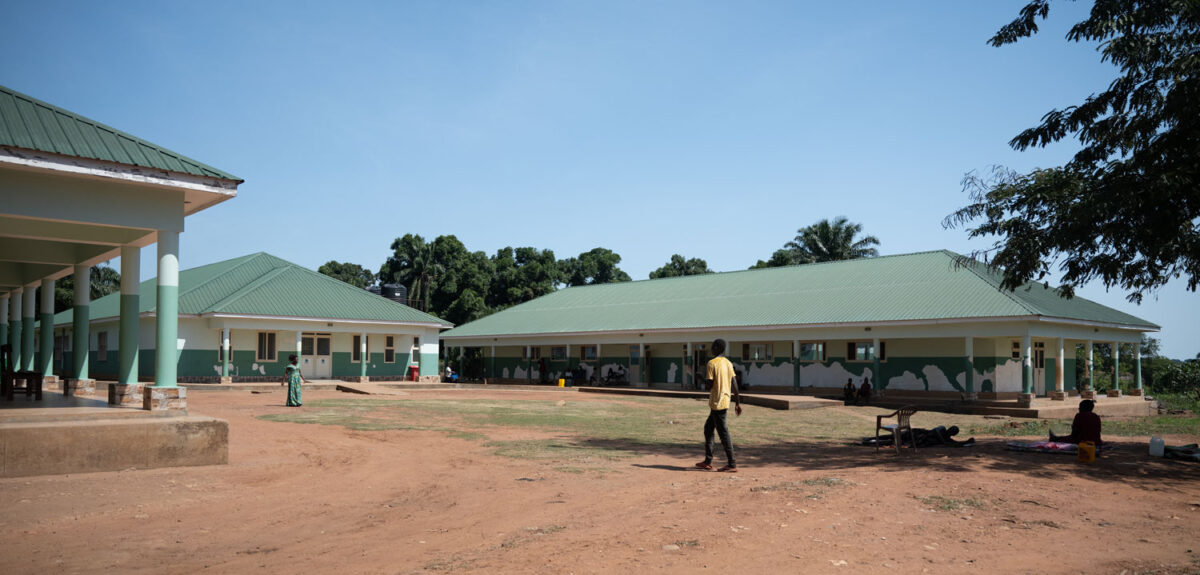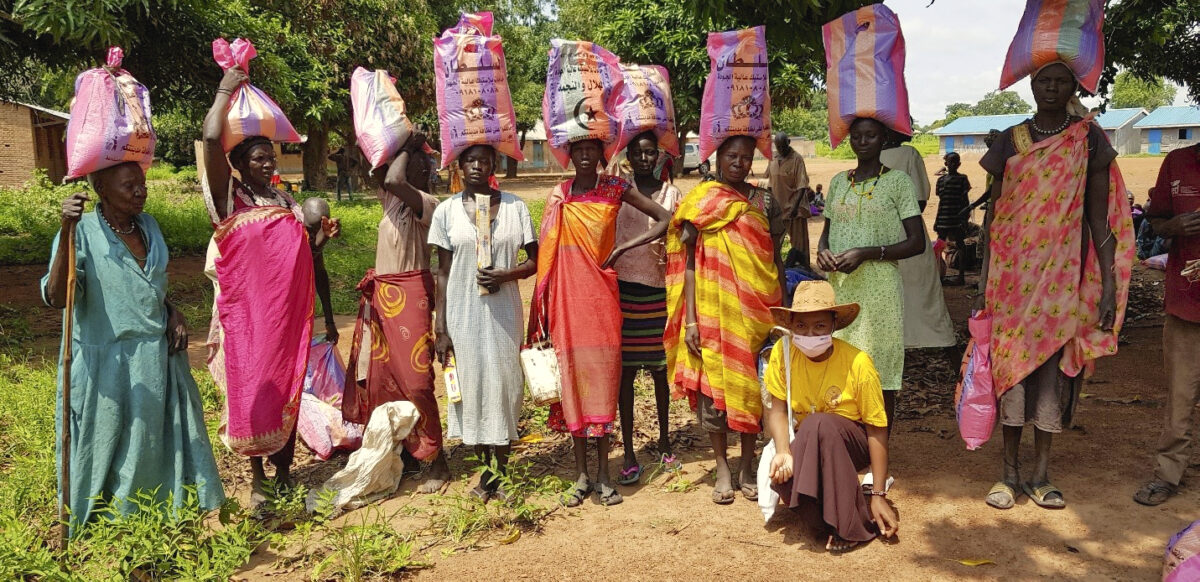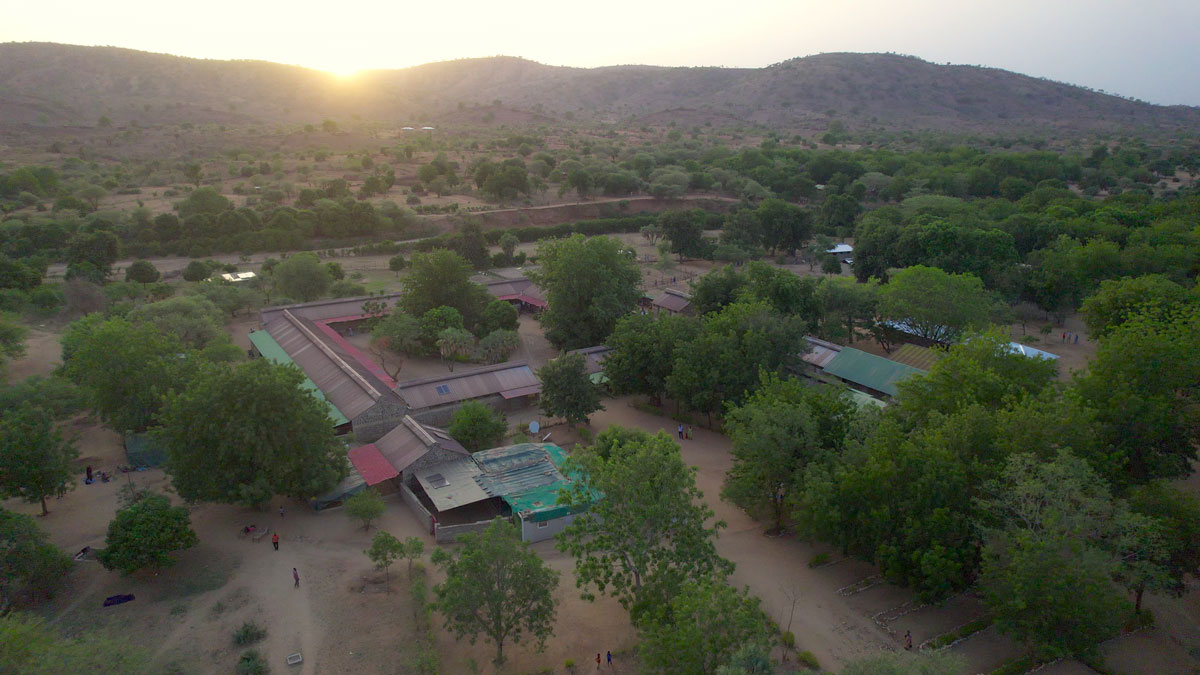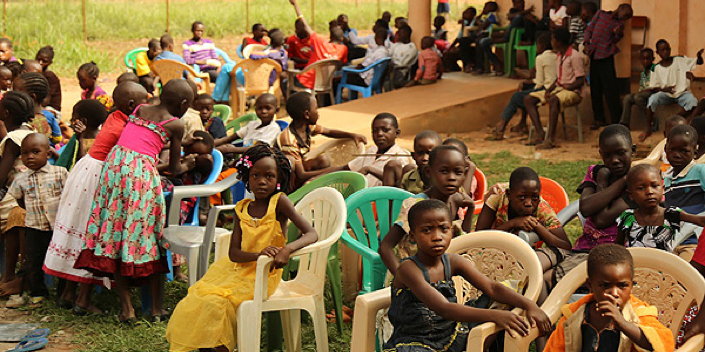
BREAKING NEWS: Chemical Weapons Used On Civilians in Sudan War
February 12, 2025 — Breaking news from Sudan’s civil war has been announced as the battle between the Sudanese Armed Forces (SAF) and the Rapid Support Forces (RSF) approaches its two-year mark.
Reports of chemical weapons use have now been added to the mounting evidence of war crimes against civilians, in a brutal ongoing conflict that is shocking the world as more information comes to light.
Horrific Effects of Chemical Weapons
The latest reports of chemical weapons use come from Amnesty International, who claims that civilians in the Darfur region are specifically being targeted.
Amnesty International cited firsthand accounts from villages of unarmed civilians, including children, describing being hit with smoke that “turned dark blue and smelled like rotten eggs.” Victims described the smoke coating the trees, the ground, and the people in a “thick black dust.”
Victims exposed to the smoke further described their skin turning white, rotting or hardening, and falling off in sections. Other reports said children were vomiting blood.
“My youngest child was walking before the attack.
Now she can only crawl.”
The reports were substantiated by photos obtained by Amnesty International confirming graphic images of children with welts, peeling skin, and infection lesions, consistent with the effects of chemical weapons.
Sudan Relief Fund is one of the few aid organizations on the ground, delivering food relief and medical supplies to victims of this brutal conflict. Most humanitarian organizations have fled the region due to the severe conditions, even as the refugee count soars and the threat of widespread starvation escalates.
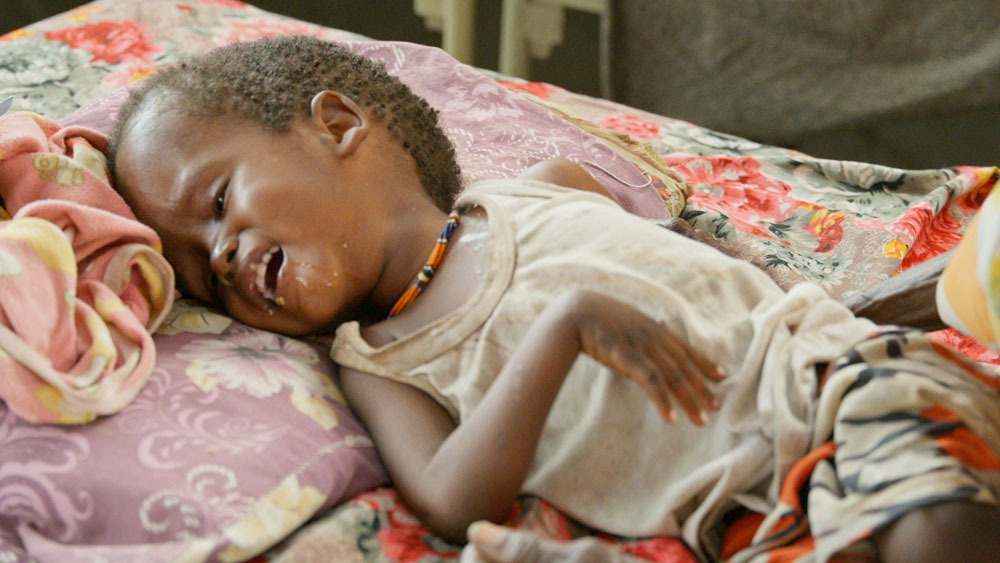
Children are innocent victims in a brutal war characterized by war crimes
and gruesome effects of chemical weapons.
No Reporters Allowed – Social Media Banned
Journalists and most aid organizations have been forbidden to enter the area for more than four years. As a result, all evidence must be obtained remotely, complicating reporting efforts.
Chemical weapons experts confirmed the wounds appeared consistent with the chemical agents sulfur mustard, lewisite, and nitrogen mustard, or a possible combination.
The experts said the effects of the chemicals can take hours to fully materialize, and depending on exposure, may also attack internal organs, and cripple or kill victims.
“By far the most substantial credible release of evidence
of the use of chemical weapons.”
– Jonathan Loeb, Senior Amnesty adviser
Recent social media blackouts were just imposed by the government, further stifling communication efforts, and preventing those on the ground from sharing reports with the outside world.
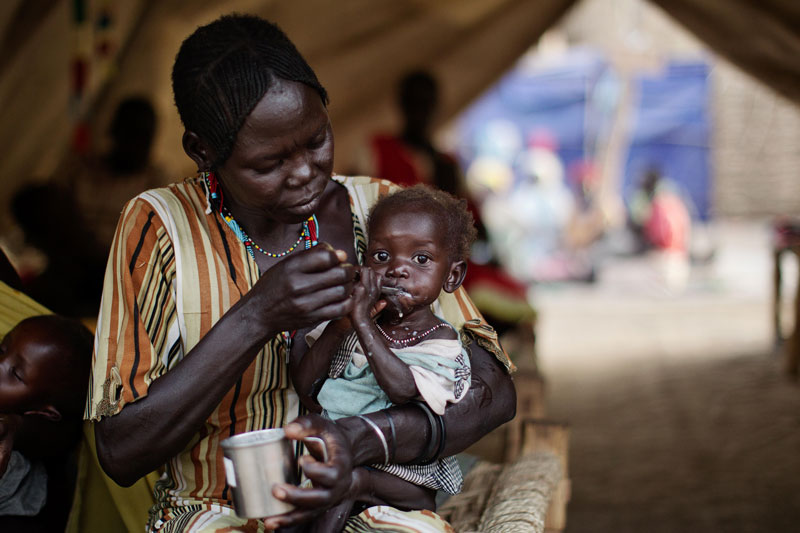
Families who fled as their homes were bombed and burned now face starvation
in a massive famine consuming Sudan.
History of the Conflict
Sudan’s current civil war, which began in April 2023, stems from a complex history of political instability and power struggles. Following its independence in 1956, Sudan endured alternating periods of military and civilian rule, alongside devastating internal conflicts, including two prolonged civil wars between the north and south.
A popular uprising in 2019 ousted long-time dictator Omar al-Bashir, sparking hope for a transition to civilian governance. However, a military coup in October 2021 dismantled the civilian-led government, escalating tensions between the Sudanese Armed Forces (SAF) and the paramilitary Rapid Support Forces (RSF).
This rivalry exploded into open conflict in April 2023, unleashing widespread humanitarian abuses, with civilians bearing the brunt of violence through unprovoked killings, sexual assaults, and mass displacements. The situation has worsened dramatically with recent reports of chemical weapons being deployed against civilians, deepening the humanitarian crisis.
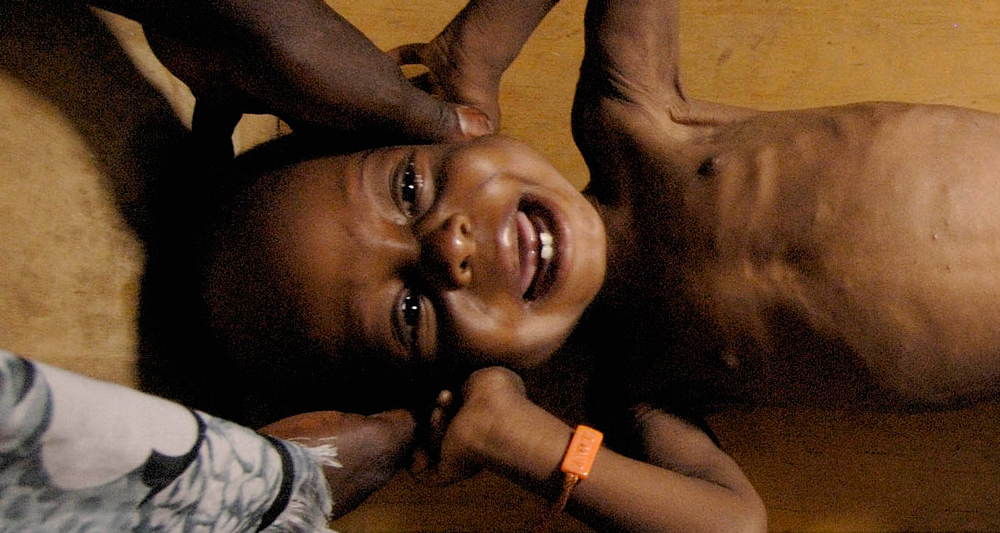
Photo evidence that recently surfaced of children’s wounds are consistent
with the horrific effects of chemical weapons attacks.
Widespread Devastation
Since the start of the war, more than 11 million Sudanese have been displaced from their homes, fleeing into neighboring countries or distant parts of Sudan like the Nuba Mountains.
The conflict has devastated the nation. Neighborhoods are burned. Cities are bombed and looted. Services like hospitals and commerce have been brought to a standstill. Sudan’s cities are a hollow shell. The forced cessation of planting and harvesting crops due to fighting, along with military blockades of supply routes, helped fuel a massive famine that now threatens millions with starvation.
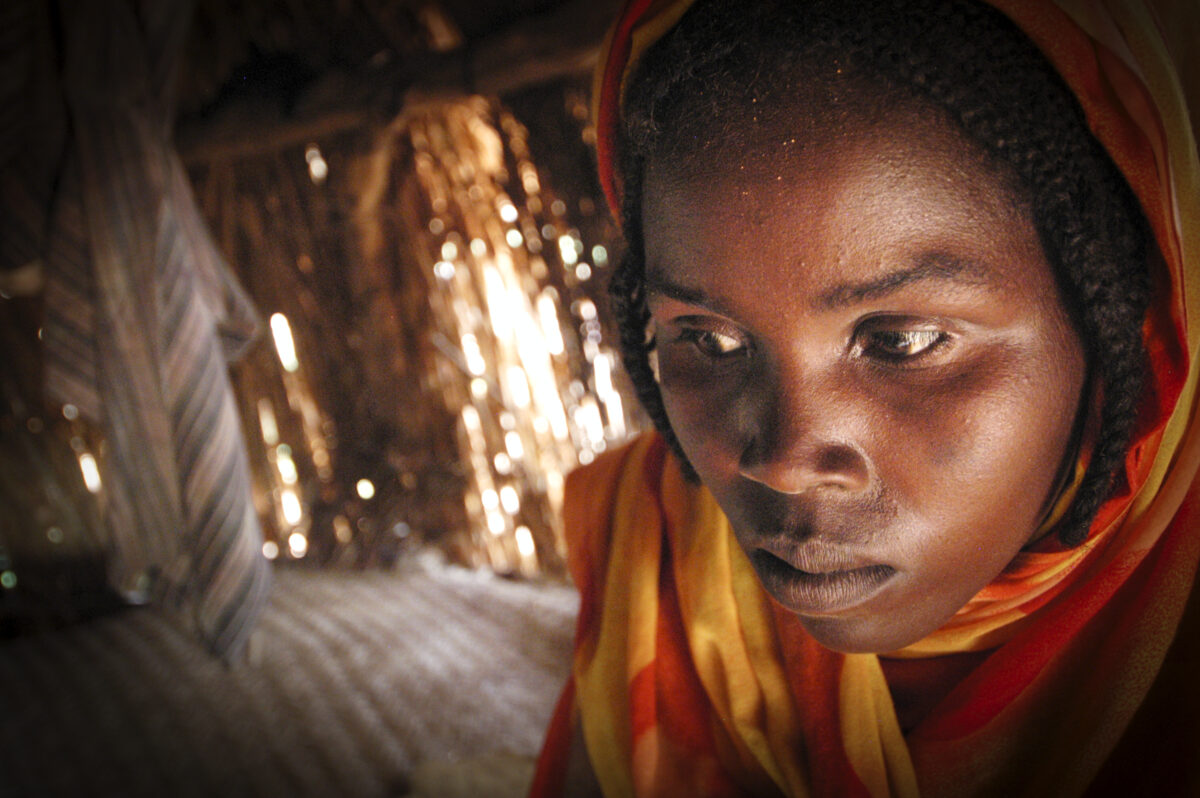
Women carry trauma from multiple sexual assaults and being forced to watch as men and boys were executed.
Banned on the World Stage for Inhumanity
Chemical weapons are among the most inhumane tools of war, causing indiscriminate suffering that devastates both civilians and combatants alike. These weapons can inflict excruciating injuries, such as chemical burns, respiratory failure, and internal organ damage, often leaving survivors with lifelong physical and psychological scars if they survive.
The global community, recognizing their inhumane and intolerable impact, adopted the Chemical Weapons Convention (CWC) in 1993, banning the production, stockpiling, and use of such weapons. Nearly every nation on earth, including the United States, is a party to the treaty, with the US completing the destruction of its entire chemical weapons stockpile in 2023 as part of its commitment to this global effort.
That such a universally condemned weapon is now reportedly being deployed in Sudan’s civil war is not only a grave violation of international law, but also a shocking escalation of violence, reflecting the utter disregard for human life that has characterized this ongoing conflict. To date little has been done to stem the violence.
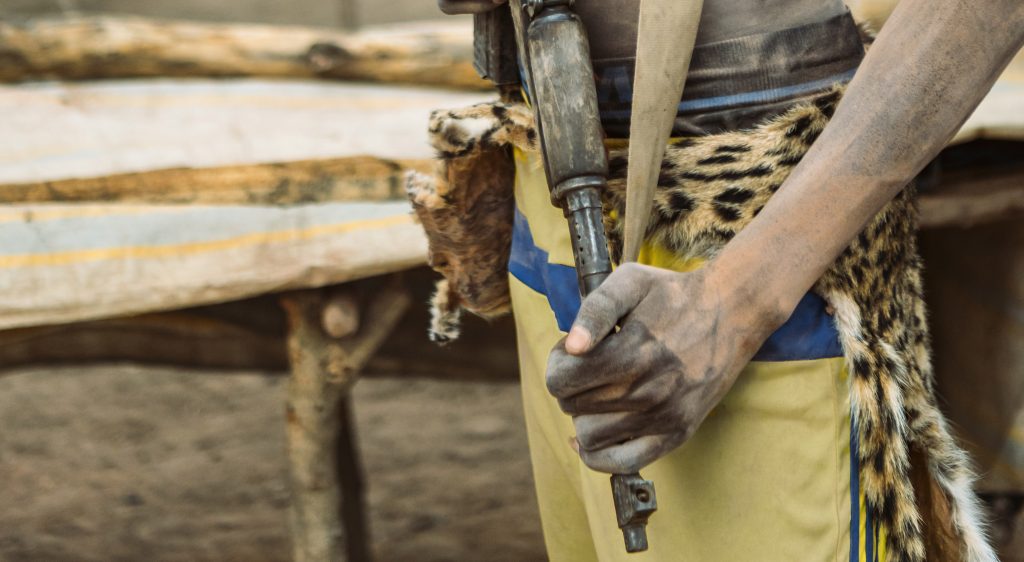
Violent militias attempt genocide on targeted people in parts of Sudan
through indiscriminate killings and intentional starvation.
Attempted Genocide
Since the latest Sudanese offensive took place in the region in January, Amnesty International reports up to 250 people have been killed by chemical weapons, and accuses the Sudanese forces of targeting civilians.
“The overwhelming majority of the attacked villages had no formal opposition presence at the time of the attack,” says the organization.
“The purpose…appears to have been to target the entire population of the village.”
Amnesty also reported that chemical attacks in some areas have been happening for eight months.
War Crimes the World Has Ignored
The use of chemical weapons now adds to many documented reports of war crimes obtained by aid organizations interviewing survivors in refugee camps. These reports include unprovoked executions of men and boys, random house to house shootings, and sexual violence against women after being forced to watch their male family members being shot.
It’s not the first time genocide has been attempted against the people of Darfur. Hundreds of thousands were targeted and killed by the regime of former dictator, Omar al-Bashir, in the previous Sudanese civil war. A similar offensive was mounted in the same war against the people of Nuba. Since the start of the 2023 civil war, targeted bombings have resumed in the Nuba region. Nuban children were killed and many injured last year when a bomb hit a school.

Toddlers are weighing in the size of six-month-old babies due to severe malnourishment.
Starvation in the Nuba Mountains
Now eyes have turned to Nuba as one of the areas facing a widespread threat of starvation, in the crisis the UN is calling the worst humanitarian catastrophe on the planet.
More than one million displaced people have fled to the remote Nuba Mountains for protection. As fighting continues, so does the steady arrival of refugees – a region already reeling from severe famine, vastly under equipped to meet the needs of a swelling refugee population. Reports of families boiling leaves and eating bugs in a desperate attempt to stave off starvation come as most aid organizations have fled the area.
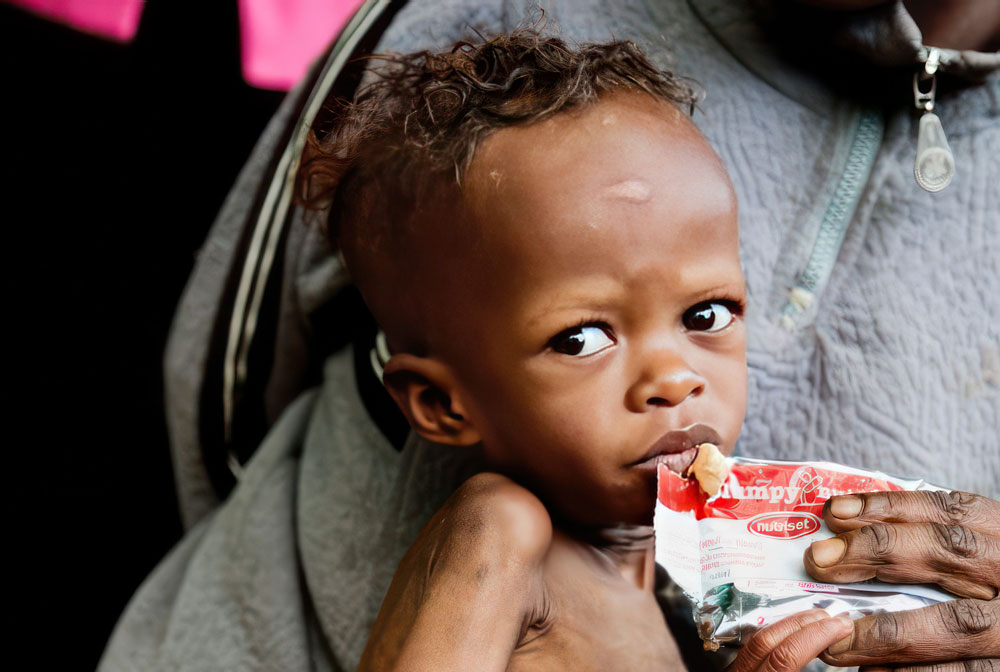
Immediate large-scale intervention is needed to stop what authorities warn
is the worst humanitarian crisis in today’s world.
Sudan Relief Fund continues to send medicine to the sick and injured, and shipments of the nutritional supplement known as Plumpy’Nut, used to save severely malnourished children from starvation. We are one of the few aid organizations working in the Nuba Mountains to fight a humanitarian disaster of massive proportions.
We also support Mother of Mercy Hospital – the only hospital for hundreds of miles in the area, and one of the few hospitals still open in war-ravaged Sudan.
If you would like to help the devastated victims of Sudan’s war – a travesty the world has been turning a blind eye to – please partner with us to rush food and medicine to suffering families and children, in this terrible ongoing crisis.
Read full reports here: https://www.cnn.com/2016/09/29/africa/sudan-chemical-weapon-darfur/index.html
https://www.nytimes.com/2025/01/16/world/africa/sudan-chemical-weapons-sanctions.html
https://www.semafor.com/article/01/16/2025/us-accuses-sudans-military-of-using-chemical-weapons

